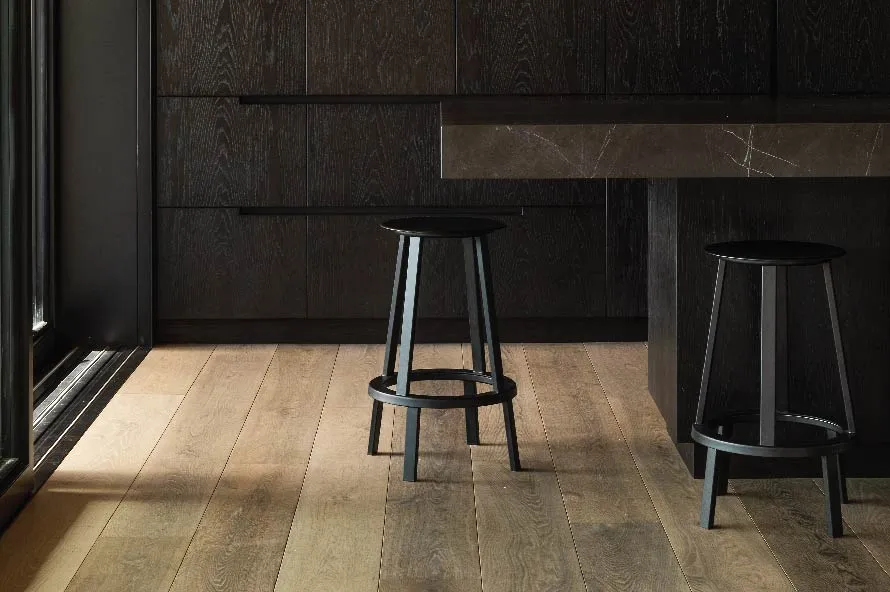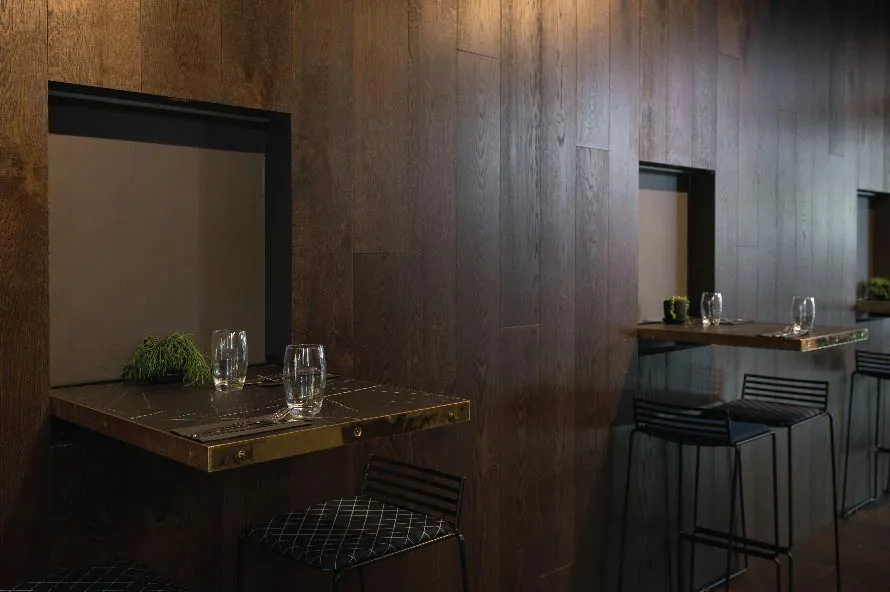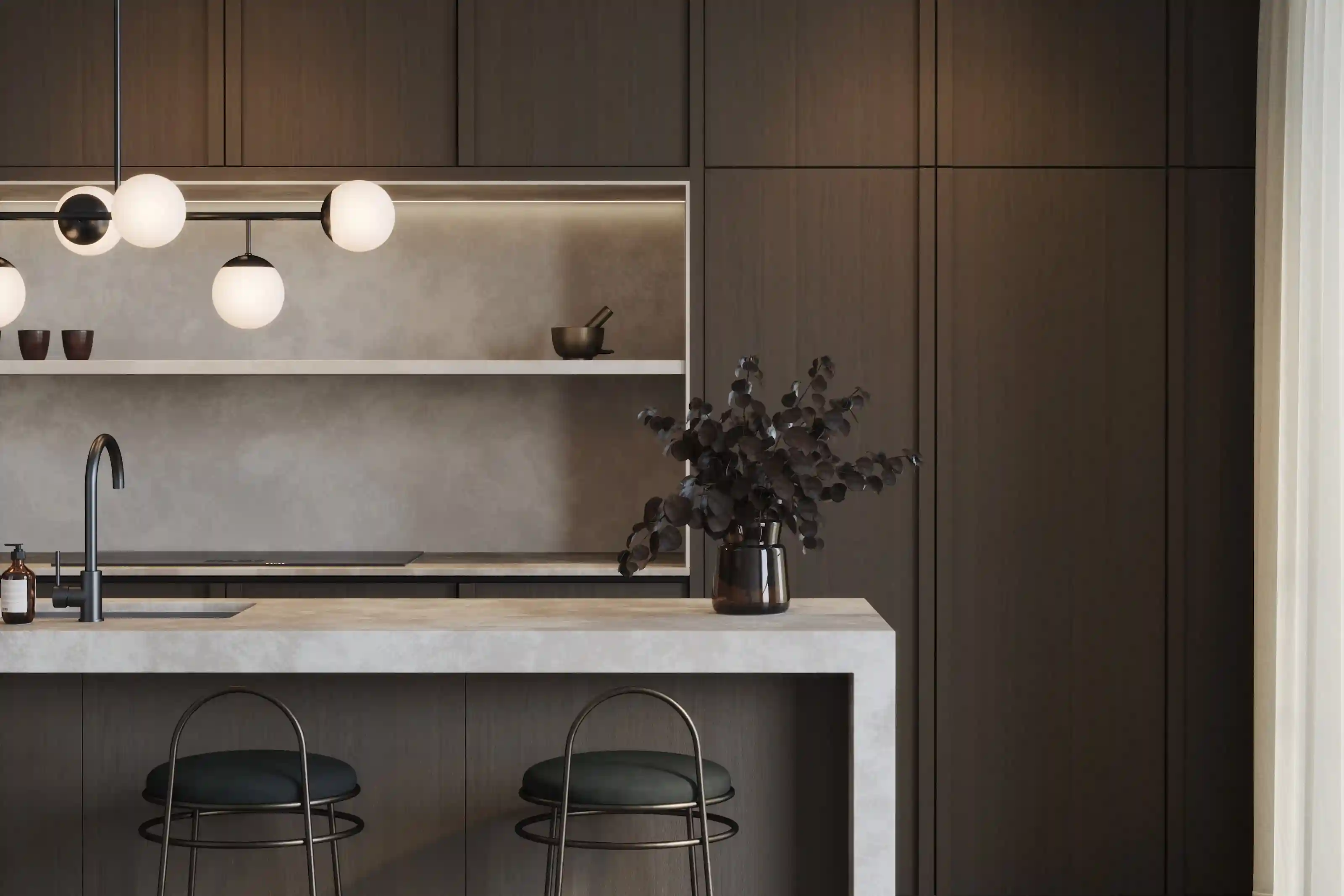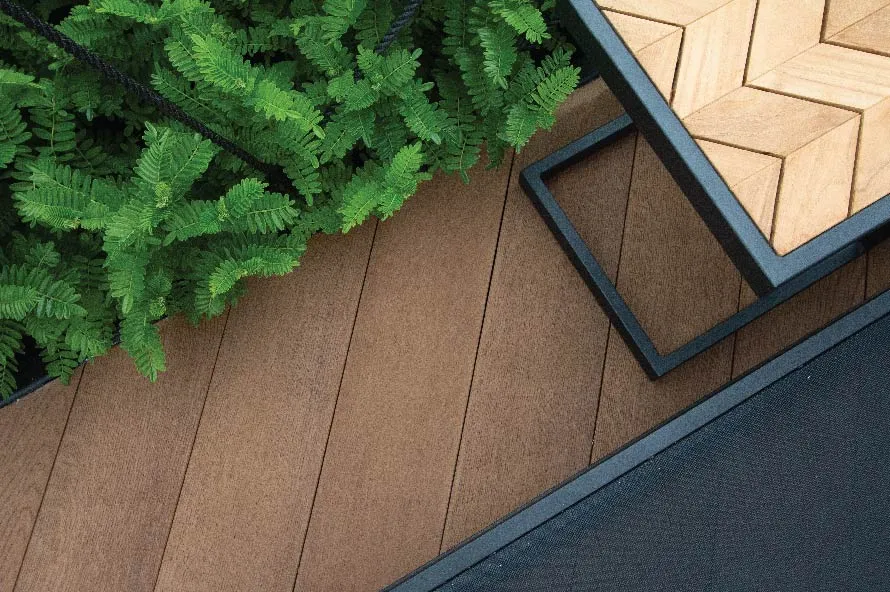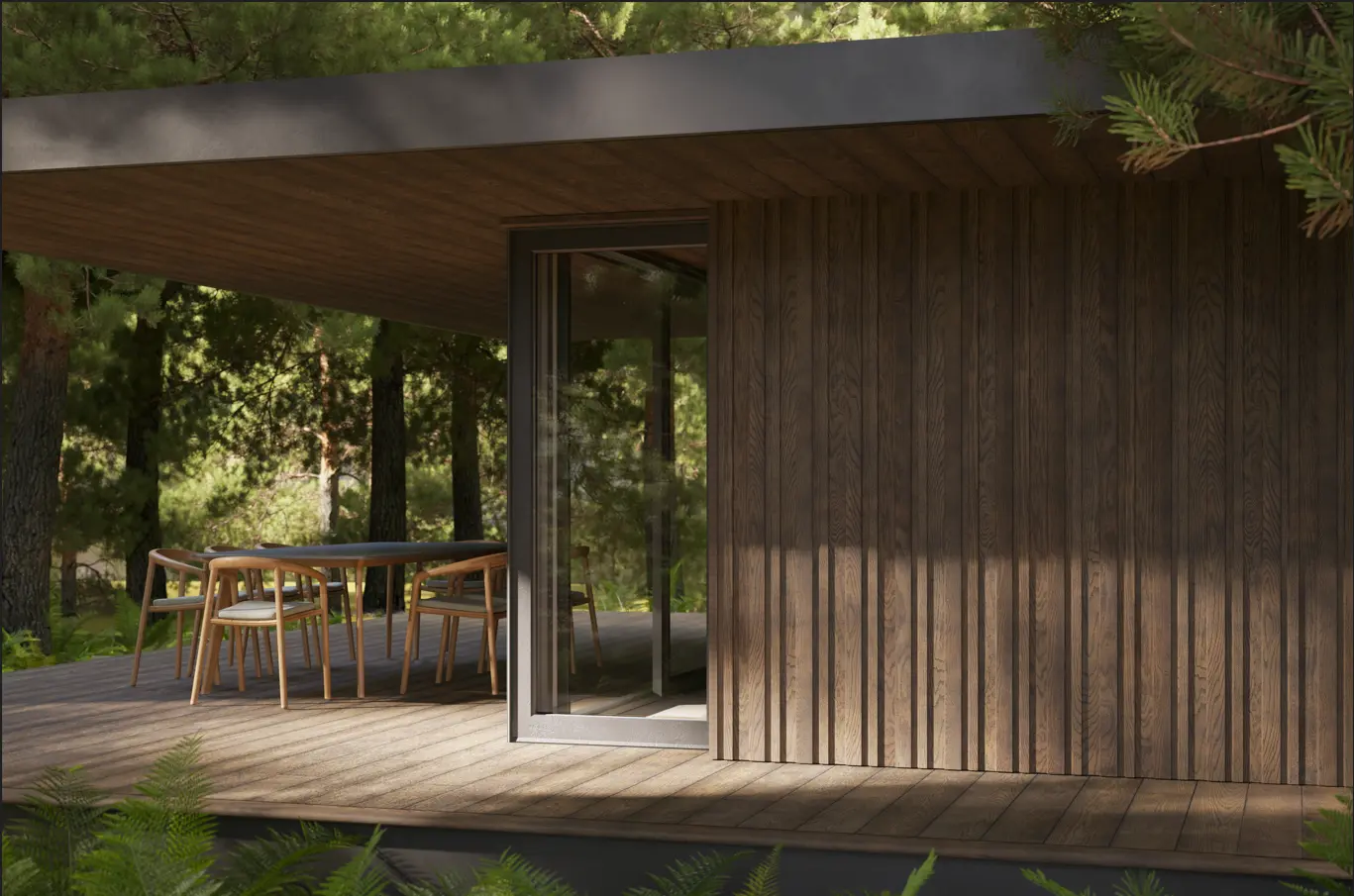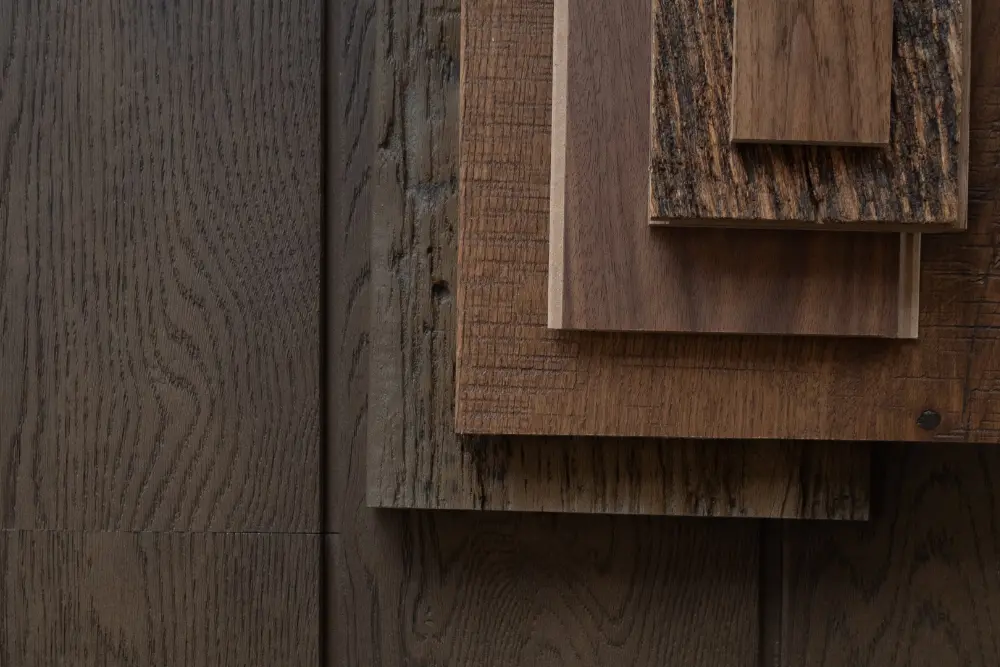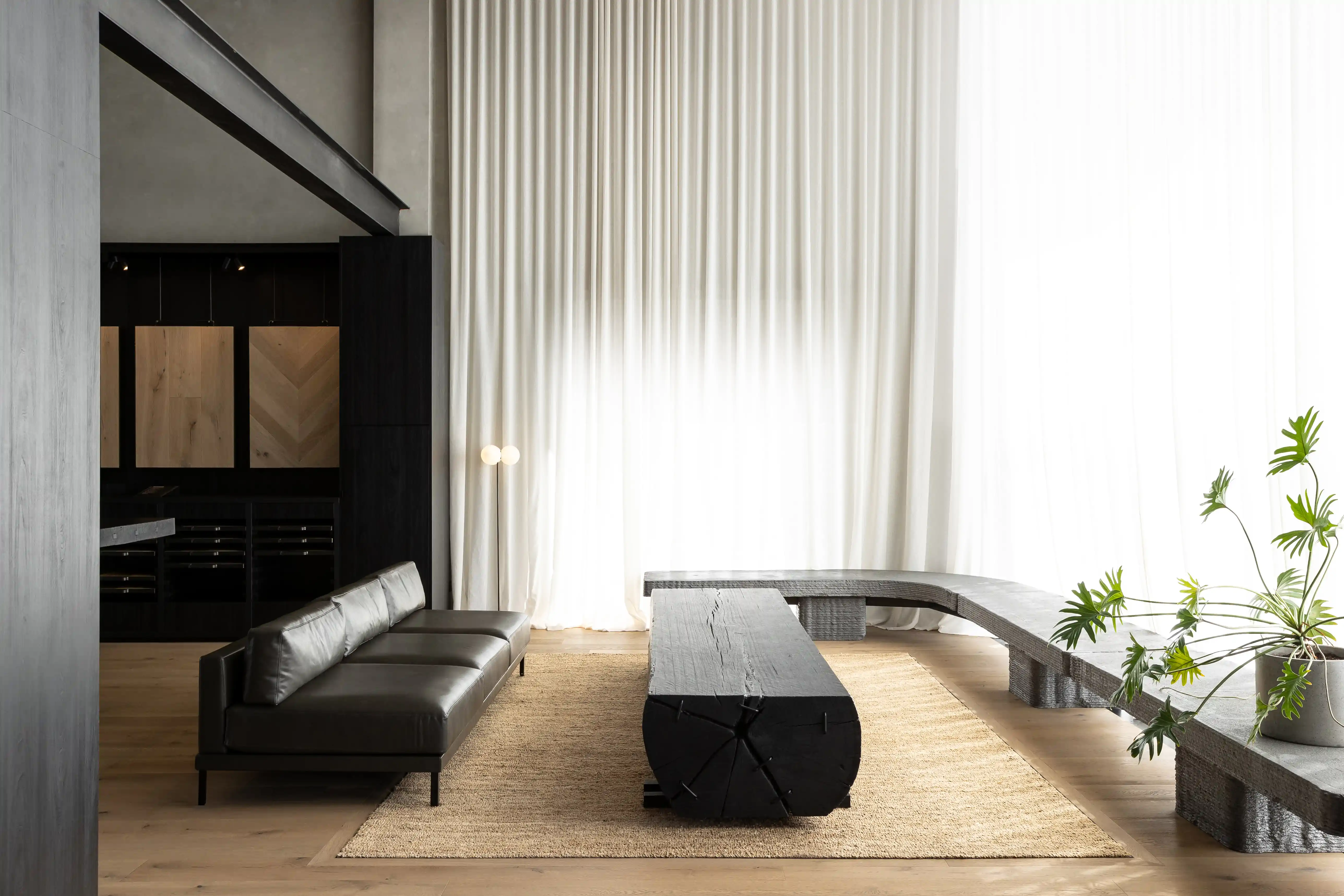
Wood Flooring Finishes: Oil vs Polyurethane
May 20, 2022
One of the most important aspects of your wood flooring is the finish, as this determines how durable your floors are and how well they will wear over time. There is a wide variety of finishes to consider, with some ideal for high traffic areas and some more suited to rooms that are used infrequently, such as guest rooms or hobby rooms.
Below we’ll take you through the most common Polyurethane and Oil finishes and list the benefits and disadvantages of each. We have also included a comparative ‘Coating Choices’ table that lists all the finishes covered in this article.
What is a Polyurethane finish?
Polyurethane is a synthetic resin that creates a hard, protective layer over the surface of the wood. Two of the most popular types of polyurethane are solvent-based and water-based polyurethane, with both available in a variety of finishes from matte to glossy.
- Solvent-based Polyurethane:
A solvent-based polyurethane is a mix of wood oil and synthetic resin and is generally more durable than a water-based polyurethane but does have higher VOCs and releases more odours.
- Water-based Polyurethane:
Water-based polyurethane is a mix of water and a synthetic resin that doesn’t require the same solvents as a solvent-based polyurethane, making it more environmentally friendly with lower VOCs and the more popular choice between the two.

What is an Oil finish?
Oil is a natural product that penetrates, seals and strengthens the wood without altering the natural beauty of the timber. There are two types of oil, traditional and hardwax.
- Traditional Oil:
Traditional oil is a natural finish that penetrates the wood fibres and slowly cures and hardens as it dries, sealing the wood and protecting it. Multiple coats of oil are applied to the wood until the wood is saturated to ensure durability.
- Hardwax Oil:
Hardwax oil is similar to traditional oil but contains a wax component that increases the water resistance and sheen of the floor.
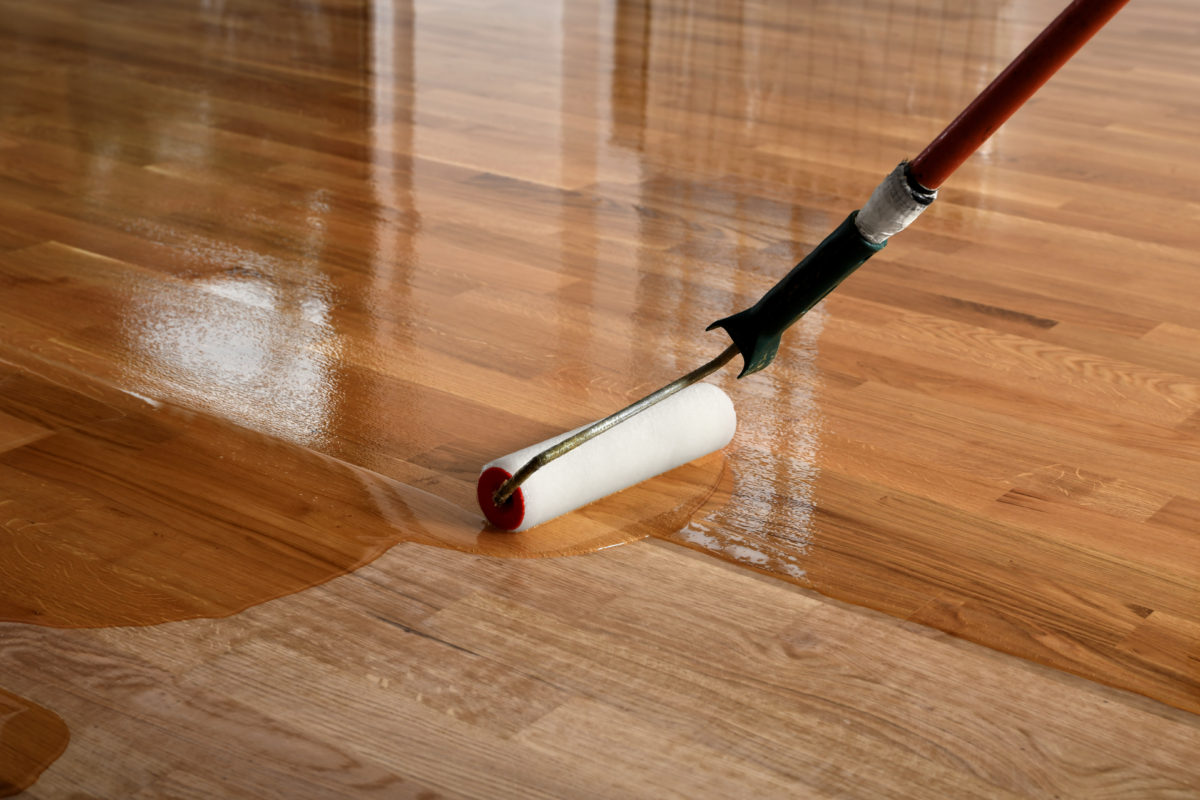
Water-based Polyurethane (preferred by Forté)
Benefits:
- Easy to apply
- Most durable floor finish on the market.
- Easy care and maintenance
- Easy to clean
- Do not need to reapply between recoats
- Variety of finishes from extra matte to glossy
- Most suitable floor to use with underfloor heating
- Water-based polyurethane dries quickly, compared to solvent-based polyurethanes and oil finishes
- Resistance to yellowing with time when exposed to sunlight
- Have little odour when applied
- Low VOCs
- Wood doesn’t breathe as it would with an oil or hardwax finish (polyurethane seals the surface preventing the timber from taking up moisture or high humidity)
Disadvantages:
- Although it is durable, it is still susceptible to scratches and dents
- Can be more susceptible to scratches (not more prone to dents)
- Minor scratches and dents tend to be lighter in colour and need to be touched up with scratch repair kits. For major scratches, the floor may need to be resanded and finished
- Requires re-sanding and finishing every decade or so
Solvent-based Polyurethane
Benefits:
- Easy to apply
- Most durable floor finish on the market.
- Easy care and maintenance
- Easy to clean
- Do not need to reapply between recoats
- Variety of finishes from extra matte to glossy
- Most suitable floor to use with underfloor heating
- Wood doesn’t breathe as it would with an oil or hardwax finish (polyurethane seals the surface preventing the timber from taking up moisture or high humidity)
Disadvantages:
- Release high VOCs during application due to the solvents
- Have moderate odour when applied
- Darkens in time with a slight yellow hue, especially when exposed to sunlight
- Minor scratches and dents tend to be lighter in colour and need to be touched up with scratch repair kits. For major scratches, the floor may need to be resanded and finished.
- Requires re-sanding and finishing every decade or so
Traditional Oil
Benefits:
- Low VOCs during application.
- Low sheen and penetrating colour highlight the character and grain of the wood.
- Easy to apply
- Easy care and maintenance
- Touch-ups blend easily with the surrounding floor
Disadvantages:
- Not as durable or long-lasting as polyurethane
- Susceptible to scratches and dents (no protective layer on top)
- Needs regular re-coating (every 2-3 years) as it wears down quickly in high-traffic areas
- Takes days to dry (depending on the number of coats applied)
- Floors require more regular cleaning with specific cleaning products
- Breathable finish (more susceptible to taking up moisture or high humidity)
Hardwax Oil
Benefits:
- Low VOCs during application.
- Low sheen and penetrating colour highlight the character and grain of the wood.
- Durable and water-resistant
- Quick drying (clear hardwax oil)
- Easy care and maintenance
- Easy to clean
- Stain-resistant (compared to traditional oil)
- Touch-ups blend easily with the surrounding floor
Disadvantages of Hardwax Oil:
- Not as durable or long-lasting as polyurethane
- Susceptible to scratches and dents (no protective layer on top)
- Application is more labour-intensive (compared to polyurethane and oil)
- Needs regular re-coating (every 2-3 years) as it wears down quickly in high-traffic areas
- Floors require more regular cleaning with specific cleaning products
- Breathable finish (more susceptible to taking up moisture or high humidity)
At Forté, we pride ourselves in supplying premium engineered timber flooring products to our clients. All our flooring collections use a low VOC water-based polyurethane , which gives the look of natural oil with better water resistance. Our hardened finishes have been specifically designed to minimize surface scratching, with our matte finish and brushed texture helping to hide marks/scratches.
Generally, the more coats applied, the better protection there is from scratching and staining. Therefore, nearly all our flooring products have a 7-layer polyurethane finish for ultimate durability.
If you have any questions or want more information on our flooring finishes, please call our team of experts on 0800 445 494, email us at [email protected] or live chat with us on our website.

